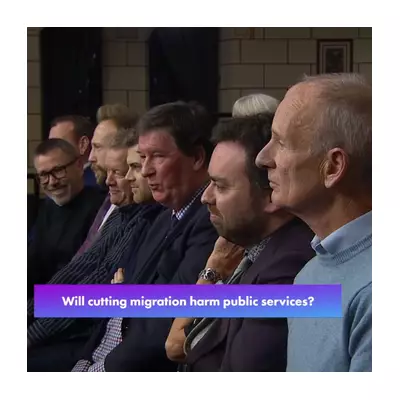
The UK government is facing mounting criticism over its controversial Courts Bill, which opponents claim represents the most significant assault on protest rights in a generation. The legislation, currently making its way through Parliament, would grant police sweeping new powers to restrict demonstrations and criminalise protesters under certain conditions.
What the Bill Actually Proposes
The proposed legislation introduces several contentious measures that have alarmed civil liberties groups and opposition MPs alike:
- Expanded police powers to impose conditions on protests based on noise levels and 'serious disruption'
- New criminal offences for protesters who fail to comply with restrictions
- Increased sentences for obstructing highways
- Broader definitions of what constitutes 'disruptive' protest activity
Why This Matters for British Democracy
Critics argue that the bill represents a fundamental shift in the relationship between the state and citizens' right to protest. Civil liberties organisations have described the measures as 'disproportionate' and warned they could effectively criminalise many forms of peaceful demonstration that have long been part of Britain's democratic tradition.
One legal expert commented: "This isn't just about managing protests - it's about redefining what constitutes acceptable dissent in a modern democracy."
The Government's Defence
Ministers maintain that the legislation is necessary to balance the right to protest with the rights of others to go about their daily lives without disruption. They point to recent high-profile protests that have caused significant traffic disruption and business interference as justification for the new measures.
"We're not banning protest," a government spokesperson insisted. "We're ensuring that when people exercise their right to protest, they do so in a way that doesn't prevent others from going to work, accessing hospitals, or conducting their daily business."
What Happens Next?
The bill continues its journey through Parliament, where it faces stiff opposition in the House of Lords and from backbench Conservative MPs concerned about civil liberties. Legal challenges are almost certain if the legislation passes in its current form, setting the stage for a constitutional showdown over the fundamental right to protest in Britain.





